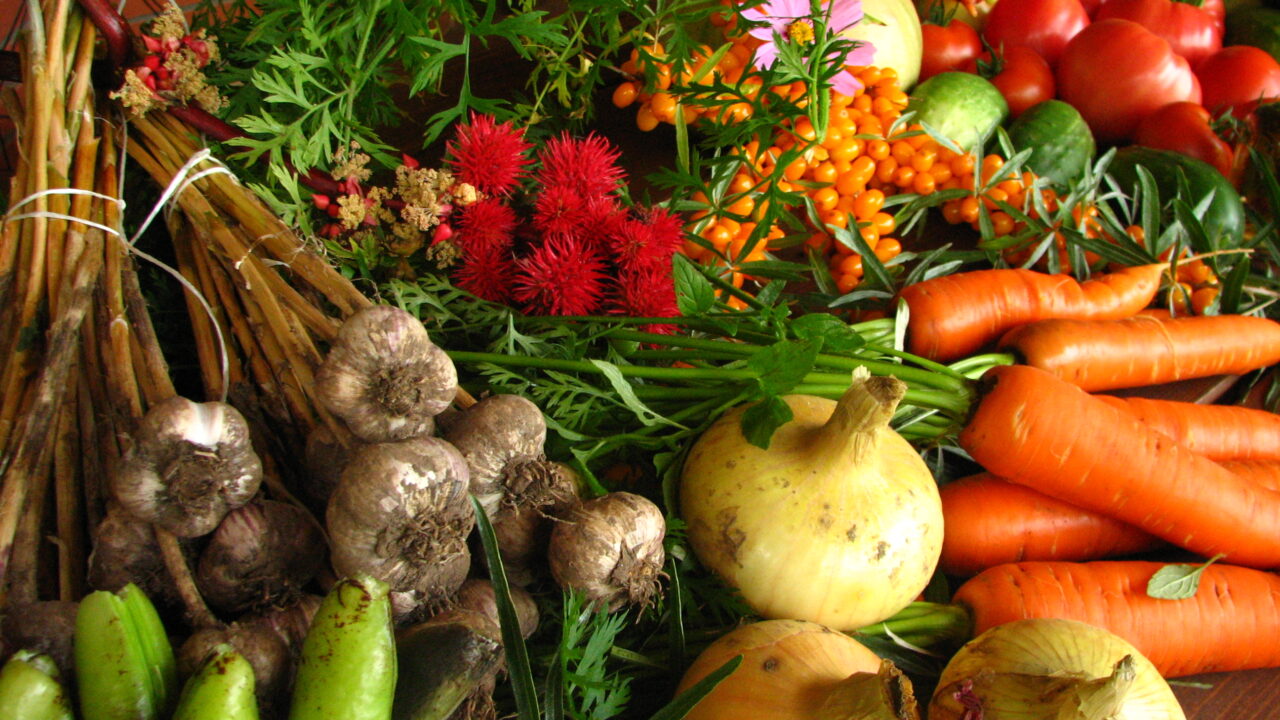Many farmers believe there are numerous financial and market related barriers involved in converting to organic farming, and it is unlikely Ireland will meet its long-term goals for the sector, according to the Ifac Irish Farm Report 2022.
While more than 50% of farmers surveyed in Ireland said they would consider converting to organic farming, a perceived absence of routes to market is the main deterrent for them.
Among those who said they would be willing to transition, one in three cited ‘a lack of market’ as the biggest barrier to doing so. Additionally, figures showed that only 27% of dairy farmers believe this type of farming is a viable option.
Currently, only 2% of the 4.5 million hectares of farmed land in Ireland, is under organics, far below the European average of 9.1%.
This is despite demand for organically farmed products growing domestically and internationally, alongside a heightened awareness of environmental and ethical practices, biodiversity and animal welfare.
Figures from the report indicate there is a strong market for such produce. Statistics from November 2021, show that 70% of consumers said they would pay 5% more for products if they were organically farmed, with the demand strongest among the 25-34 age group.
In addition to this, Bord Bia has forecast 9% annual growth in the organic produce market, and estimates that it will be valued at around €367 million by 2025, up from €260 million last year.
Financial support for organic farming
Insufficient financial support was also cited across all farming sectors as a significant barrier when it comes to moving into organics. The Organic Farming Scheme (OFS) was recently reintroduced with an additional €5 million in funding to take in new entrants.
Under the scheme, farmers can potentially receive up to€15,000 per year, with possible payments of up to €220/ha during the two-year conversion period and up to €170/ha when they have achieved full organic status.
Ifac stated in the report that the conversion period and its associated payments should provide some comfort to farmers who are concerned about routes to market.
Separately, €256 million has been set aside under the next Common Agricultural Policy (CAP), to increase the area under organic farming in Ireland by 2027.
Outlook for the future
While the report forecasts positive short-term growth in the organic farming sector, it also outlines that it is unlikely long-term goals for the industry will be met.
According to Ifac, a combination of growing demand and government support should lead to Ireland meeting its target of 7.5% of agricultural land being under organics by 2027. However, it also sates:
“Given the current prices of conventional products, it seems unlikely that the target of 25% under organics by 2030 will be achieved.
“So, while organics are poised to grow significantly in the coming years, Ireland looks set to lag behind Europe’s leading players in this sector for the foreseeable future.”
